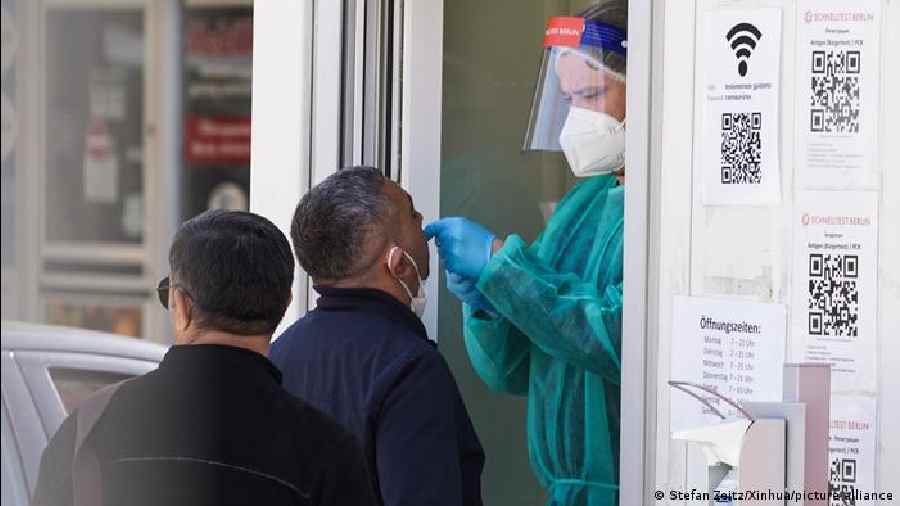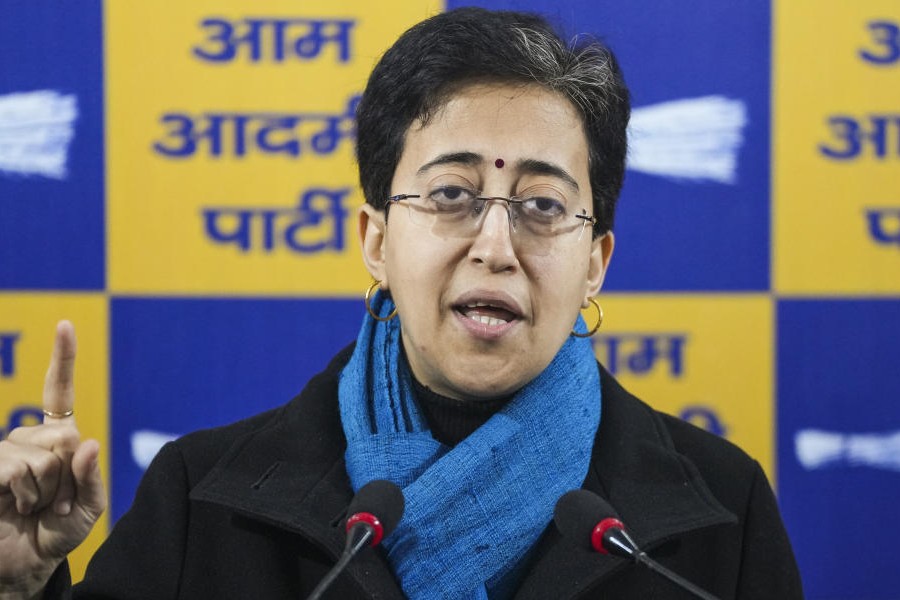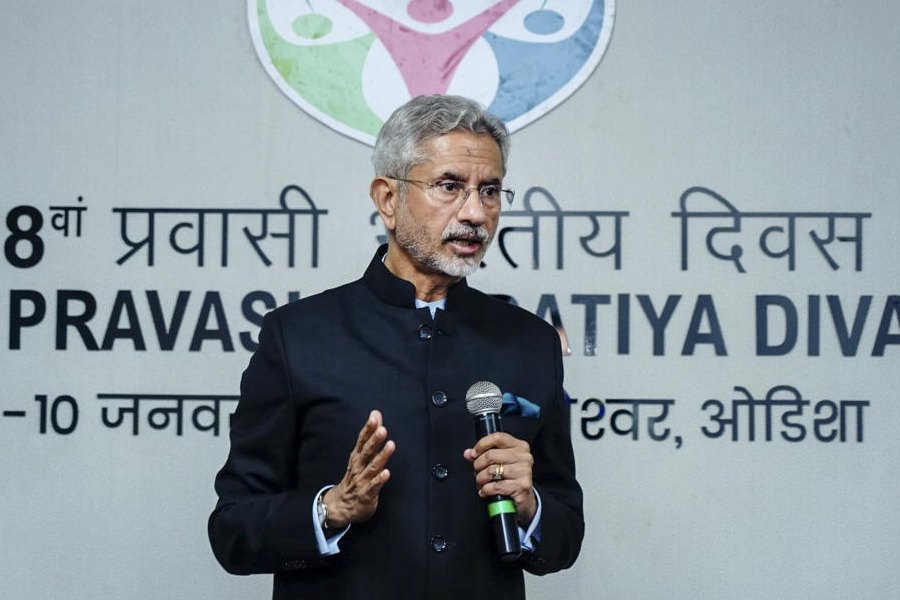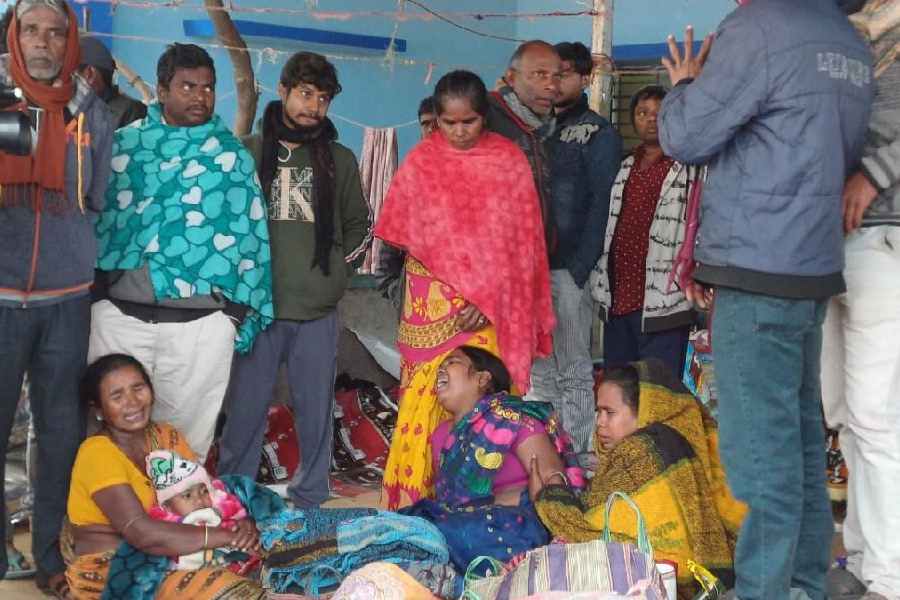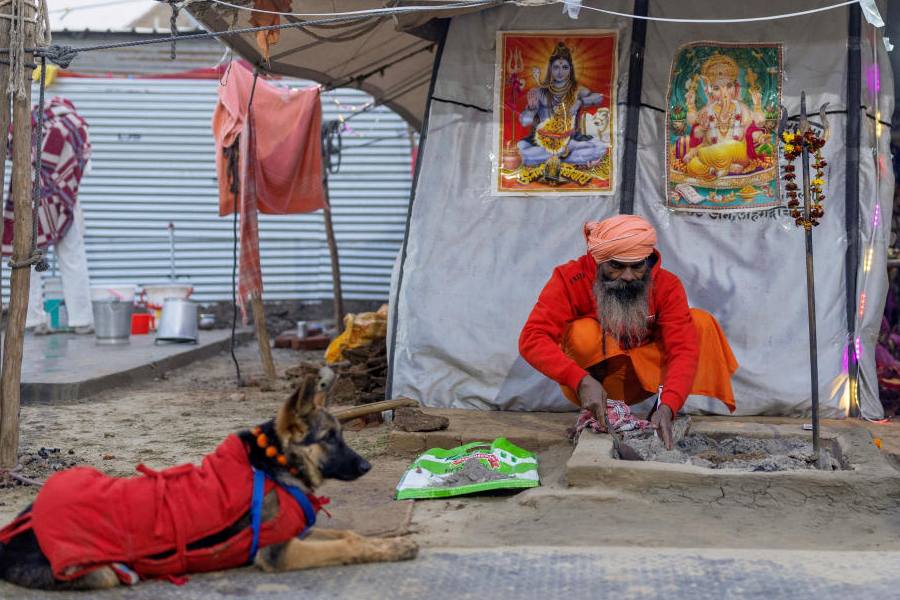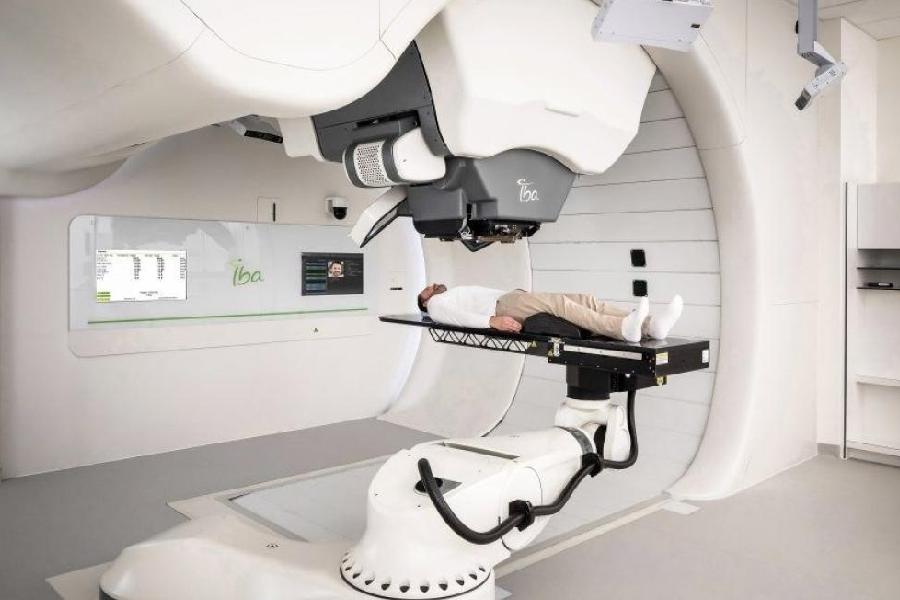Germany's health minister Karl Lauterbach warned on Sunday that long COVID— persistent symptoms after the coronavirus infection — is a major problem for society, with the potential to disrupt the labor market.
Researchers have found that between 14-30% of COVID patients get at least one symptom of long COVID within 90 days after recovery from infection. Among the symptoms are breathing difficulties, extreme fatigue and chest pains.
Figures published on Wednesday by one of Germany's health insurance organizations showed that, of those diagnosed with the virus in 2020, almost 1% took sick leave 2021 due to long COVID.
The sick leave was also relatively lengthy, averaging 105 days, the report said.
Researchers are still trying to work out what exactly causes long COVID and why some people develop it and others do not.
"We do not have anywhere near the capacity to look after the many cases," Lauterbach said in an interview with Zeit Online, the digital service of the German weekly newspaper.
"There are not enough specialist doctors, not enough treatment places, and we still do not have medications," he added.
"This will also be relevant for the labor market, as many will no longer be able to return to their previous level of performance," Lauterbach warned.
Restrictions lifted, cases rise in GermanyCurrently, confirmed cases and hospitalizations for COVID are higher than at the same time in either of the last two years, but most restrictions in Germany have been lifted, including those for travel, bars, restaurants, and clubs. Festivals and other events are also taking place again.
Still, the high COVID rates are taking a toll on the country's healthcare industry, as large number of staff are out sick. Some 55% of intensive care units in Germany are working only in limited operation, due to staff shortages, the president of the intensive care association DIVI, Gernot Marx, told the Funke newspaper association on Saturday.
Although patients with life-threatening illnesses and those in emergency wards are still able to get the care they need, Marx said that "hospitals are already seeing numerous surgeries being postponed again and staff having to be redeployed."
Lauterbach has urged for preparedness, saying that his office will draw up COVID restrictions for the fall before this summer ends.
"The basic decisions must already be made in July," he told Zeit Online.

